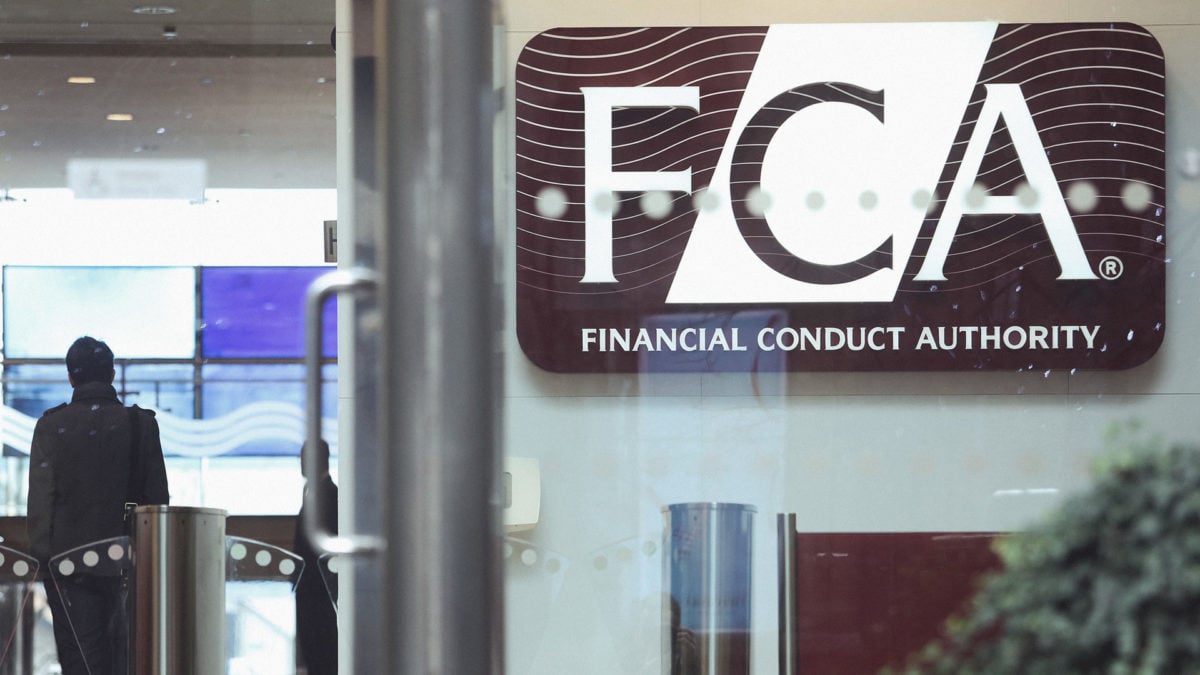FCA Exempts Crypto Firms from Consumer Duty Rules
By
Calder Monroe
Last updated:
September 22, 2025
First Published:
September 22, 2025

Photo: The Block
A New Regulatory Approach in the UK
The United Kingdom’s Financial Conduct Authority has announced that cryptocurrency firms will initially be exempt from consumer duty rules as it expands its oversight of the crypto sector in 2026. This exemption reflects the challenges regulators face in applying traditional consumer protection standards to digital assets while ensuring that innovation is not stifled.
Understanding the Exemption
The consumer duty rules are designed to ensure that financial firms act in the best interests of their customers. Exempting cryptocurrency companies allows the FCA to focus on developing a framework tailored to the unique characteristics of digital assets, such as high volatility, complex technologies, and decentralized operations.
Encouraging Innovation While Ensuring Oversight
By providing this temporary exemption, the FCA aims to encourage innovation within the cryptocurrency sector. Firms can continue experimenting with new products and services while the regulator works to implement rules that are both effective and practical for the unique nature of cryptocurrencies.
Investor Protection Remains a Priority
Although exempt from consumer duty rules, crypto firms are still subject to other regulatory requirements designed to protect investors. These include anti-money laundering protocols, operational standards, and reporting obligations. The FCA emphasizes that consumer protection remains central to its strategy.
Impact on Cryptocurrency Firms
The exemption provides firms with flexibility to develop and scale products without immediately being constrained by regulations designed for traditional financial services. This can accelerate innovation and adoption of blockchain-based solutions in areas such as decentralized finance, tokenization, and digital payments.
Challenges in Regulating Crypto
Cryptocurrencies present challenges for regulators because of their complexity, global reach, and rapidly evolving technologies. Traditional consumer duty frameworks may not easily translate to the digital asset space. The FCA’s measured approach seeks to balance these challenges while safeguarding market integrity.
Market Implications
The FCA’s announcement has created optimism in the UK crypto market. Firms and investors perceive the exemption as a supportive move that provides regulatory clarity while allowing room for experimentation. It may attract more startups and institutional participants seeking a stable yet innovative environment.
Global Relevance
The FCA’s approach could influence other countries as they design regulatory frameworks for digital assets. By taking a cautious yet flexible stance, the UK sets an example of balancing innovation with investor protection, potentially shaping global crypto regulation trends.
Future Regulatory Developments
The FCA plans to continue refining its approach to consumer duty rules and digital asset regulation. Stakeholder consultations, technological assessments, and international collaboration will inform the creation of tailored rules that address the unique risks and opportunities of the cryptocurrency sector.
Exempting cryptocurrency firms from consumer duty rules is a strategic move by the FCA to foster innovation while maintaining oversight. By taking a measured approach, the UK regulator supports the growth of a dynamic sector, encourages technological advancement, and lays the groundwork for a balanced, globally-informed regulatory environment.
Popular articles
Subscribe to unlock premium content
Disney’s Timeless Magic and How the Entertainment Giant Continues to Shape Culture and Innovation

Imran Khan’s Economic Missteps Amid Political Chaos in Pakistan

The Philippines’ Digital Shift How Remittances and BPO Are Fueling Growth

Disney’s Timeless Magic and How the Entertainment Giant Continues to Shape Culture and Innovation

Imran Khan’s Economic Missteps Amid Political Chaos in Pakistan

Disney’s Timeless Magic and How the Entertainment Giant Continues to Shape Culture and Innovation









